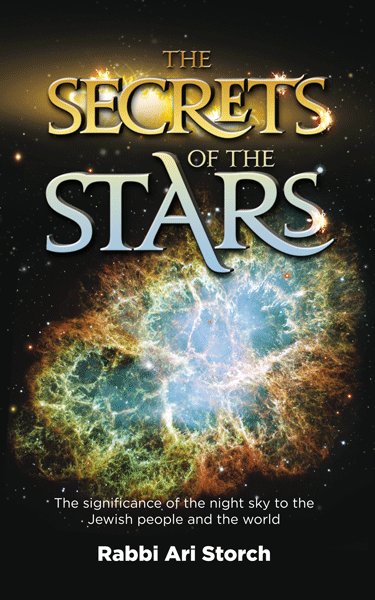On Chanukah we commemorate the victory of the Chashmonaim over the Syrian Greeks and light our menorahs to recognize the miracle of the burning oil in those days. Chanukah is one of many festivals mentioned in Megillas Taanis. The overwhelming majority of holidays mentioned in this old text have ceased to be celebrated, yet Chanukah has not. The reason given for it being an exception is that Chanukah has mitzvos associated with it and these other festivals do not.
While that is certainly true, it is still astounding to see that we celebrate a victory whose mark seems to have faded. Why does the fact that there is a mitzvah involved change things?How is it that we celebrate a victory whose effects seem to not have any impact on our lives?
Before stating the obvious answer, I would first like to point out a few things. We are taught that one of the decrees that was imposed on the Jews of that time was that they were not to practice Rosh Chodesh anymore. The nationalistic expression of having our own calendar was something the enemy did not want us to possess. In fact, many rules and regulations of our calendar were purposefully kept secret in case such a decree would ever come into existence. (See Rabbeinu Chananel and Baal HaMaor R"H 20b). What is more interesting is that knowledge of Rosh Chodesh and the calendar is predicated on knowledge of astronomy. It is this scientific knowledge that the Gemara proclaims is the "Wisdom and understanding to be seen by the other nations," that the Jews have. (Shabbos 75a)
If one looks at the Rambam's record of Hilchos Kiddush HaChodesh he will see rules of astronomical observation that enable one to regulate the calendar. The Rambam mentions the source of this knowledge that he is recording. As I am sure you have guessed, it was the Greeks!!! (17:24) How could it be that the pride and expression of our wisdom that was supposed to be our signature was usurped by the Greeks? The Rambam mentions that initially there were scholars from Shevet Yissachar that possessed this knowledge and that they had compiled books on this topic. Unfortunately, those works have been lost.
The standard Divrei Torah for Chanukah generally focus on the clash of cultures between the Greeks and the Jews. Both cultures gave significant weight to knowledge, however, the Jews were focussed on Torah knowledge which is pure and holy. The Greeks did not care for this truest of wisdoms. The victory of Chanukah was symbolic of Torah being victorious over this other culture, it was not just a war of independence, it was a clash of ideologies.
Nowadays we find ourselves in exile and we wait for redemption. The true wisdom of Torah has not been able to shine forth and inspire the world to serve Hashem. The Greek philosophy seems to be winning. However, we can look at that small glimmer of light that was Chanukah from years back and realize that things will return one day to their glory. Shevet Yissachar, the epitome of Torah scholars, initially were the ones that were looked towards for wisdom, but then we sinned and the "Greeks" moved in. Our glory cannot be seen and we seem to use the Greek understand to figure out Rosh Chodesh! One day, though, we will be victorious. The mitzvos of Chanukah make it eternal. Chanukah wasn't like the other festivals which showed victory in extreme situations. Chanukah displays that it is the mitzvos and Torah life that will be victorious eventually.
Happy Chanukah!
Once again I am thankful for my recent sefer, The Secrets of the Stars finally coming out. I will, IY"H, be in Skokie/Chicago this weekend and have two speaking engagements while I am there. The first is a Shalosh Seudos in Chovevei Tzion of Skokie and the second is Sunday morning in West Roger's Park at KINS.
Subscribe to:
Post Comments (Atom)


No comments:
Post a Comment